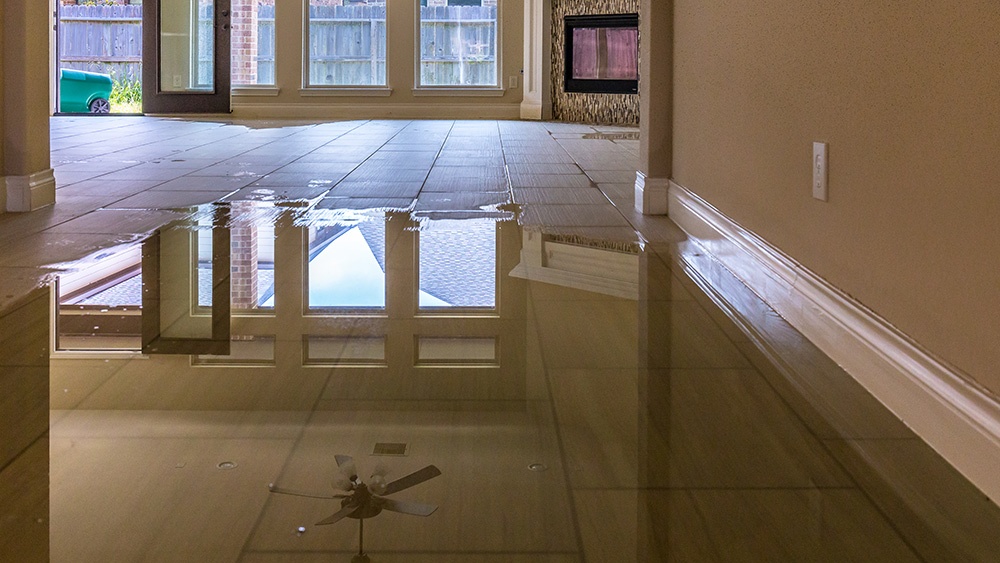
In 2016, Frederick, Maryland, had more than 30 inches of snow in a few months. What happens to all that snow and ice when it starts getting warm?
Water – and lots of it.
Because of this, you have to keep your home safe from potential flooding due to thawing. Here are a few tips from Warner Service to protect your home:
Shut off the main electrical panel. If you think water will accumulate in your home as the snow melts, shut off the main electrical panel. If the box is already submerged, don’t touch it to avoid electric shock.
Fix any leaks and cracks in advance. Look for cracks and wet spots in your home’s foundation, roof, ceilings, and walls. These cracks allow water to get in your home, which weakens its structure and causes mold.
If you find any cracks or leaks in the foundation, repair them with mortar and masonry caulk or hydraulic cement. If you find cracks or leaks elsewhere, contact a professional.
Clear the gutters and drains. Keep the gutter and drainage systems clear of dirt and debris. This helps carry water away from your home. Move any trashcans, recycling bins, or parked cars from in front of storm drains in the street. This avoids water collection.
Invest in a sump pump. These plumbing devices pump water out of your home and to the outside. They’re an excellent defense against flooding and come with a variety of options.
For flooding, invest in a battery-powered sump pump. This helps in case the power goes out due to extreme flooding.
Take pictures or videos of your home before the flood. This helps for insurance. Document adequate proof of the damage done to your home by flooding to save time, stress, and money.
For the most effective method, create duplicate photos and/or videos. Put those files on a flash drive, and then store it in a waterproof container. You can also send it to a friend or family member for safekeeping.
Call a plumber. Ask a plumbing professional to install a sewer or septic line check valve. This allows waste to flow only one way and ensures that sewage can’t back up into standing water.
Ask the plumbing professional to install French drains, which are like sump pumps. French drains collect water in the yard and divert it away from your home by pushing it downhill. These devices work best if you live on a slope.
Move prized possessions to higher ground. Whether it's large electronics or a safe of family photos, important possessions need to move to high ground. The safest bet is the attic, but 12 inches above the area’s highest known flood level is a good barometer.
Though we all wish for warmer weather, it comes with a price. The snow begins rapidly melting and could cause serious damage if you’re not prepared. By using these flood-resistant measures, your home should be ready when the snow begins to melt.
For any questions or concerns, feel free to contact Warner Service at any time.


